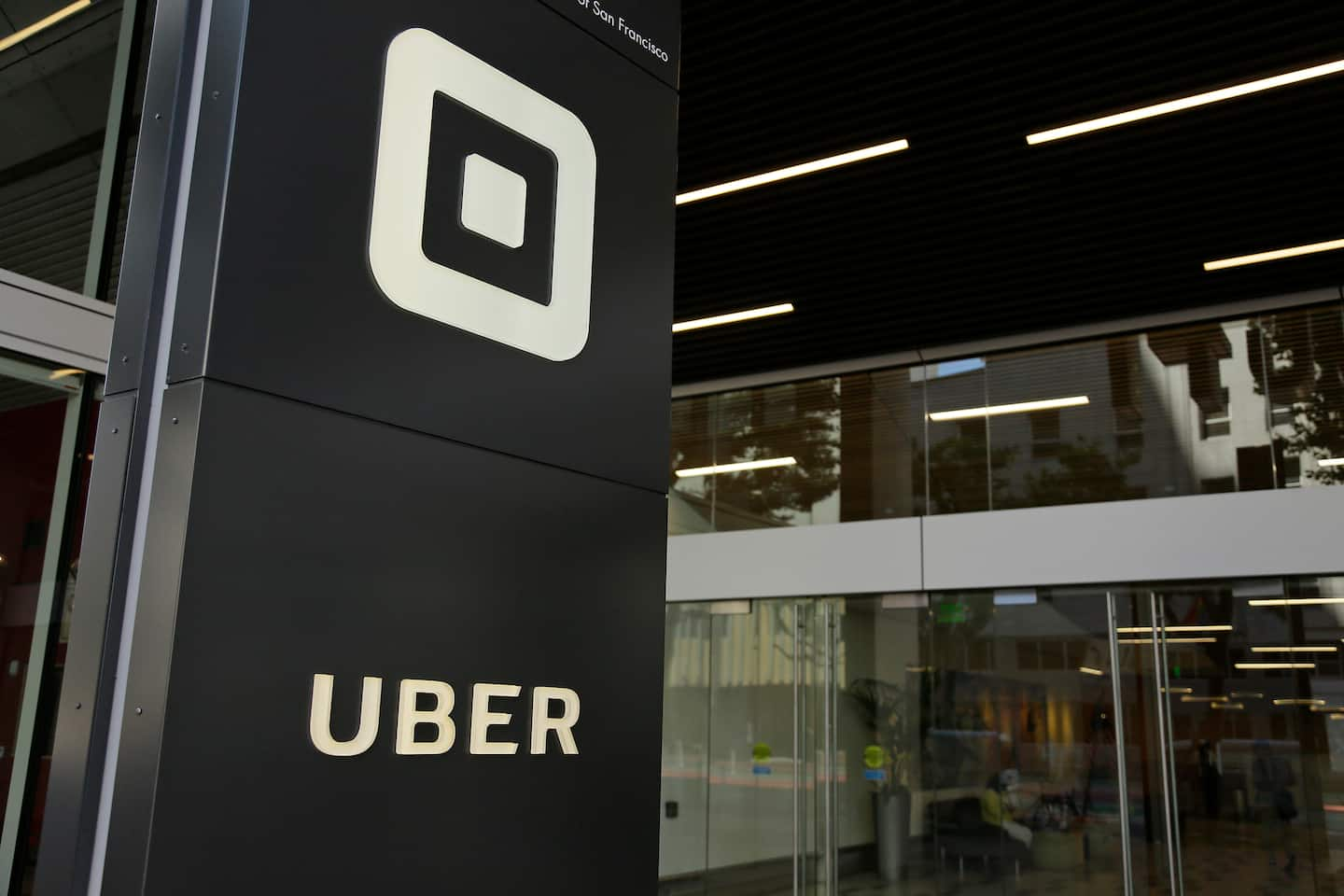Court rejects Uber drivers’ bid to bar app from pushing political message on employment status

A law known as Assembly Bill 5, which passed last year and took effect in January, aims to force Uber, Lyft and other gig companies to convert their contract workforces into employees, granting them rights to the minimum wage, health care and benefits such as sick leave and workers compensation. Uber, Lyft and delivery companies such as DoorDash and Instacart have vigorously fought against the law, mounting a $200 million Prop 22 campaign to maintain drivers’ status.
The effort has culminated in a heated messaging battle via television airwaves, text messages and even within the apps themselves. The plaintiffs had argued that Uber’s in-app messaging urging drivers to support Prop 22 constituted illegal political coercion.
Judge Richard B. Ulmer Jr. rejected that argument, denying a request for a temporary restraining order to prevent the app from promoting its position.
“[P]laintiffs’ papers point to no Uber driver who has been in any way punished for not cooperating with the Proposition 22 campaign or for advocating against it,” Ulmer wrote. “No reason exists to believe that this lack of harm will change during the six days Uber’s campaign continues.”
Ulmer cited several other reasons for his denial, including the plaintiffs’ delay in filing their suit — months after Uber began pushing its messaging to drivers in August, the judge said. And a temporary restraining order restricting Uber’s speech on the matter would constitute a “prior restraint,” the judge said, a violation of its First Amendment rights.
The plaintiffs had also taken issue with the validity of Uber’s survey data claiming the vast majority of drivers support Prop 22. The judge did not take a position on the matter, other than to note that the veracity of such statements would be irrelevant to the question of whether such speech should be prohibited.
“On November 3, Californians will vote Proposition 22 up or down, Uber’s campaign will of necessity end and thus any [restraining order] enjoining Prop 22 campaigning would effectively be moot,” Ulmer wrote.
Uber spokesman Noah Edwardsen said the ruling spoke for itself and declined to comment further.
David Lowe, an attorney representing the Uber drivers, said the lawsuit was already successful by one measure: A day after it was filed, Uber stopped polling drivers on whether they support Prop 22, something the plaintiffs said violated drivers’ rights and led to misleading results. Another minor win, he said, was Uber’s pledge to the court that it would not retaliate against drivers who do not support Prop 22.
But Uber argued successfully in court that it could not be forced to pass that message on to drivers directly.
“It’s stunning that Uber is willing to tell the court ’we promise we won’t retaliate,’ ” Lowe said, yet it argued it couldn’t be told to tell that to the drivers.
Uber initially attempted to get the case sent to federal court. When that was unsuccessful, Uber got the original judge, Ethan Schulman, removed from the case, alleging that Schulman is biased.
Schulman this summer granted an injunction that forced Uber and Lyft to reclassify their drivers as employees.
Ulmer previously represented tech companies including Adobe, Genentech and Apple in trade secret cases, according to a biography in his book “Yorktown: Growing Up in Small-Town Iowa.”
The judges didn’t immediately respond to requests for comment.






